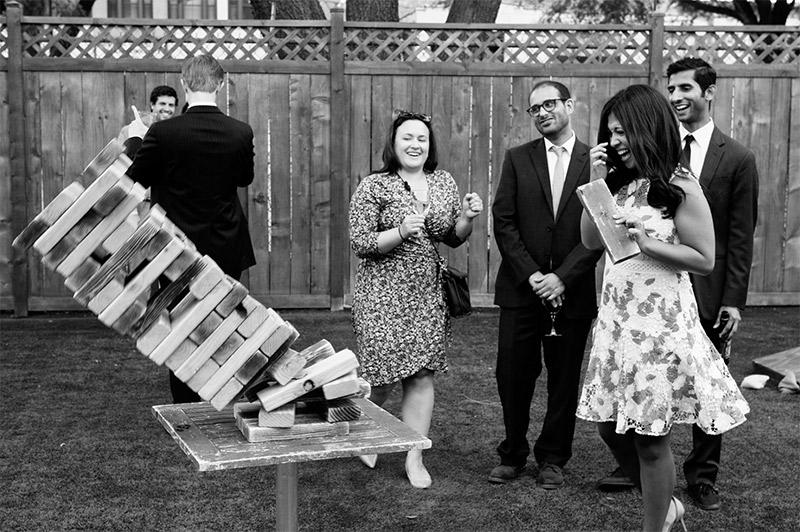 Over the past few years, I have had the great pleasure of working with Jamil Khoury, artistic director of Silk Road Rising. Not only is he a wonderful artist to collaborate with, he is both amiable and inspiring. As an artist, he is constantly asking provocative questions and fostering stimulating conversations through his work. We are proud to present a program of his pieces with Local Feature on Friday, October 5th here at the Ranch. Before you meet Jamil in person, I thought I’d share some wonderful articles and media about him:
Over the past few years, I have had the great pleasure of working with Jamil Khoury, artistic director of Silk Road Rising. Not only is he a wonderful artist to collaborate with, he is both amiable and inspiring. As an artist, he is constantly asking provocative questions and fostering stimulating conversations through his work. We are proud to present a program of his pieces with Local Feature on Friday, October 5th here at the Ranch. Before you meet Jamil in person, I thought I’d share some wonderful articles and media about him:
from the Chicago Reader, “Jamil Khoury, Theatre Activist”, printed December 11, 2011
[fusion_builder_container hundred_percent=”yes” overflow=”visible”][fusion_builder_row][fusion_builder_column type=”1_1″ background_position=”left top” background_color=”” border_size=”” border_color=”” border_style=”solid” spacing=”yes” background_image=”” background_repeat=”no-repeat” padding=”” margin_top=”0px” margin_bottom=”0px” class=”” id=”” animation_type=”” animation_speed=”0.3″ animation_direction=”left” hide_on_mobile=”no” center_content=”no” min_height=”none”]

photo credit: LISA PREDKO
Silk Road was founded in 2002 as a response to 9/11. Had 9/11 not happened, we probably would still be leading our other lives, which were not in the theater. [/fusion_builder_column][fusion_builder_column type=”1_1″ background_position=”left top” background_color=”” border_size=”” border_color=”” border_style=”solid” spacing=”yes” background_image=”” background_repeat=”no-repeat” padding=”” margin_top=”0px” margin_bottom=”0px” class=”” id=”” animation_type=”” animation_speed=”0.3″ animation_direction=”left” hide_on_mobile=”no” center_content=”no” min_height=”none”][Cofounder] Malik [Gillani] was an IT consultant, and I was an international relocation consultant.
Malik was born in Pakistan and came here at the age of seven; I was born in Chicago, but my father is from Syria. My mom is Chicago-born; her parents were from Poland and Slovakia. So I am a white Arab Slovak Pole, raised in the Antiochian Orthodox Christian tradition. Malik is Muslim. We’ve been together 15 years.
When 9/11 happened, our worlds changed—Malik’s much more than mine, in that he’s a brown person who became the enemy for a lot of people, or at least suspect. There was a very dramatic shift, an overt fear of South Asian or Middle Eastern people, as if they were all complicit. On a community level, people were dealing with hostility, thrown on the defensive. One’s Americanness was called into question.
We felt galvanized to somehow respond, particularly to the clash of civilizations discourse that the Bush administration ran with. This idea that the world is split into monolithic civilizational blocks that are forever in conflict with each other, we say it doesn’t have to be that way. Look at the Silk Road—18 centuries of trade routes that stretched from China to Syria, Japan to Italy. In addition to trade, there was a great storytelling exchange, and the exchange of philosophies and religious beliefs. Stories going from Mandarin to Hindi to Farsi to Arabic to Turkish to Greek.
We decided early on to be a playwright-focused theater, showcasing playwrights and central characters of Silk Road backgrounds. So the audience would be taking a journey with an Arab person, an Iranian person, a Korean person, an Israeli person, whatever the case may be. We thought that would be a way to create a representation of Silk Road peoples that was coming from within. Our first production was in January 2003.
Then, in the fall of 2003, Malik’s eldest brother was killed. He owned a gas station in Atlanta, and there had been graffiti painted on it: “Osama go home,” or some anti-Muslim hate speech. Each time, he’d call the Atlanta police who, I guess, were not terribly concerned—”Oh, just paint over it, it’s not that big a deal.” One day, someone—who to this day has not been caught—walked into the gas station and shot him. There was no attempt to steal any property or money. The Atlanta police declared it a hate crime.
There are people who wake up in the morning to do theater because they love to do theater, and that’s what galvanizes them—the art form itself. For us, we love the art form, but that’s not where we’re coming from. It’s the desire to impact change. There are people who have accused us of being “activists.” Hello. Guilty as charged. —As told to Deanna Isaacs
An interview with Jamil about “WASP,” the inspiration for his video play “both/and” which will be screened at Friday’s Local Feature:
An interview with WGN’s Dean Richards about “Mosque Alert” with a live performance of “To Veil Or Not To Veil,” which will be screened on Friday can be heard here.
All the proceeds for Local Feature go directly to Silk Road Rising in support of their groundbreaking and innovative work as Chicago’s voice for the Asian American and Middle Eastern communities. You can RSVP for the event here.
[/fusion_builder_column][/fusion_builder_row][/fusion_builder_container]


































